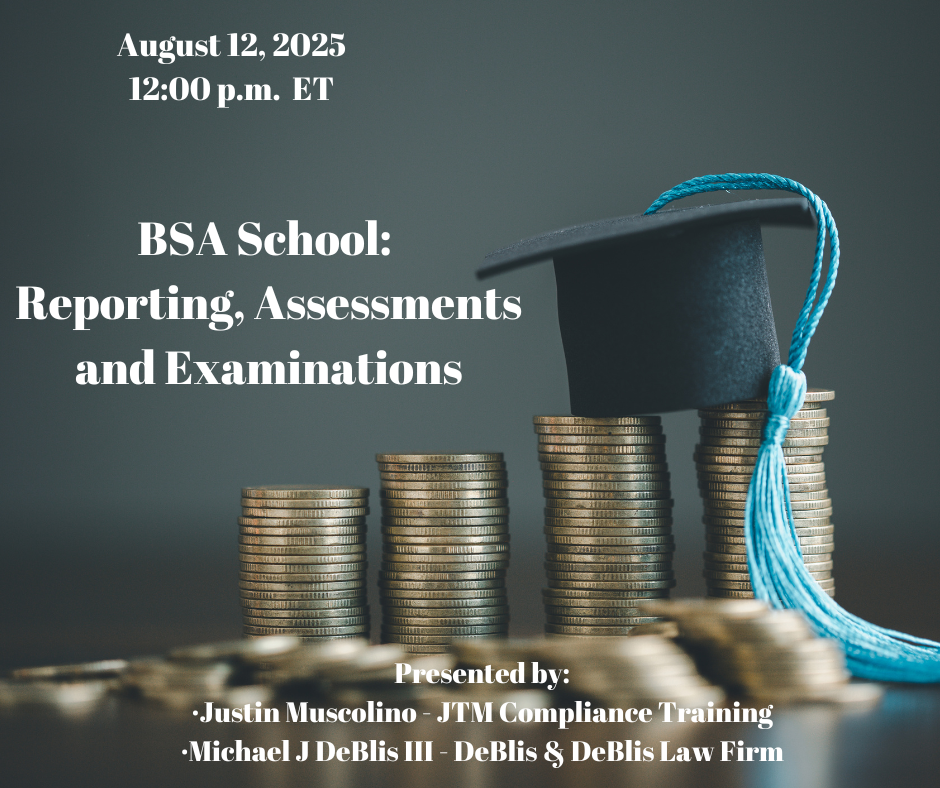
Exciting new series on “Voice, Body and Movement for Lawyers – How to connect with the jury and find Justice Through Dramatic Technique!”
Click here to find out more
Exciting new series on “Voice, Body and Movement for Lawyers – How to connect with the jury and find Justice Through Dramatic Technique!”
Click here to find out more
Judge Katherine Forrest will discuss the potential for generative AI, including large language models (LLMs), to reshape the legal profession, as well as how use of these tools may impact lawyers’ ethical obligations. Judge Forrest will provide an overview of the different use cases for attorneys employing generative AI in their practice, from completing 50-state surveys to brief writing to oral argument preparation.
We will discuss the potential for generative AI to raise ethical issues, such as the unlicensed practice of law, adhering to the duty of confidentiality and preserving privilege when using these tools (Rule of Professional Conduct 1.6), fulfilling the duty of competency in light of the varying limits and capabilities of generative AI tools (Rule of Professional Conduct 1.1), and considering the duty of candor given the growing number of rules of court governing the use of AI tools in legal practice (Rule of Professional Conduct 1.6).

This course explores secured transactions involving digital assets as collateral, with a focus on th...

Due to ever changing regulatory landscape for cryptocurrencies, rules & regulations keep evolvin...

This course provides attorneys with a foundational understanding of Long-Term Care (LTC) Medicaid, i...

Successfully navigating the web of legal ethics issues faced by counsel in today’s ever evolvi...

The Employee Retention Credit (ERC) was introduced as a financial lifeline for businesses during the...

This session is designed to help compliance professionals and fintech partners better understand the...

The Fair Debt Collection Practices Act (FDCPA), approved on September 20, 1977, is a consumer protec...

A strong fraud program is essential for protecting financial institutions and their customers from e...

The CLE will discuss the role of New York Labor Law Section 201-d in regulating employee conduct ins...

This course explores how the Korean Baseball Organization’s (KBO) successful implementation of...